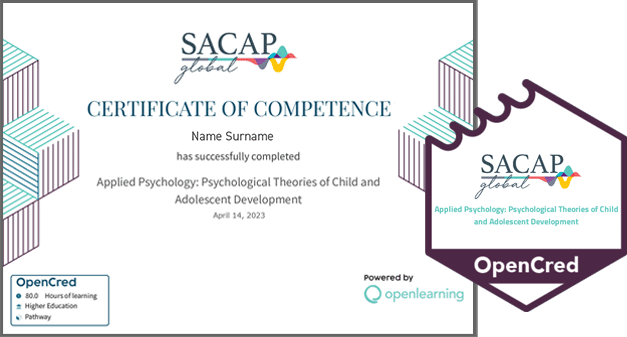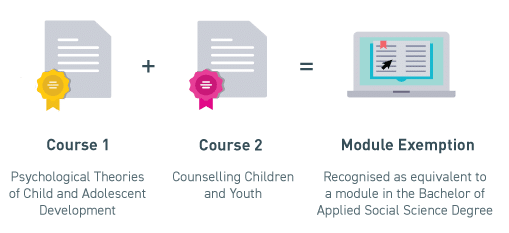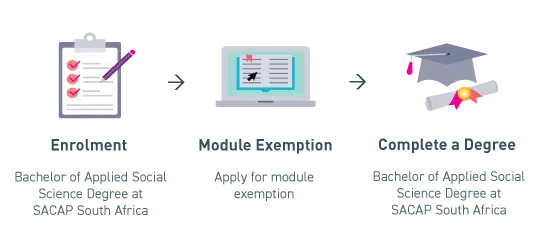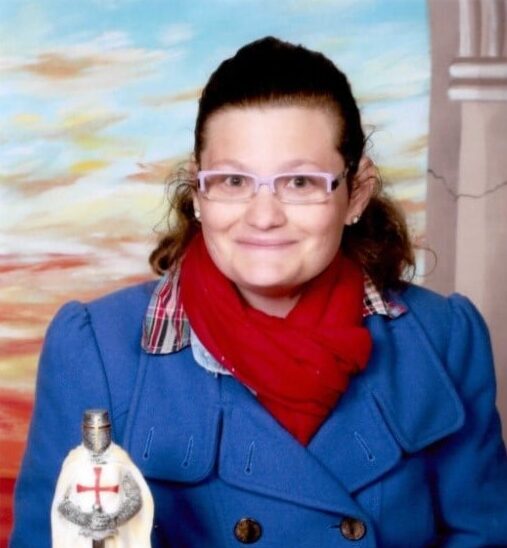Psychological Theories of Child & Adolescent Development
R 6,160.00

Take the Course
Psychological Theories of Child & Adolescent DevelopmentR 6,160.00
Details
Start Date
10 February 2025End Date
6 April 2025duration
8 weeksCourse Overview
Embark on a journey of discovery and better understand the ways in which children and adolescents think and behave.
The Psychological Theories of Child and Adolescent Development micro-credential explores the critical milestones that shape how children and adolescents view themselves and others.
In this 8-week course, you will learn about the three stages of early childhood, middle childhood, and adolescence. Explore the development theories of Freud, Erikson, Bowlby, Piaget, Bandura, Vygotsky, Kohlberg, and Maslow.
Learn about relational aspects that impact and influence the behaviour of the adolescent.
Time commitment per week
An average of 10 – 13 hours weekly.
Is this course for you?
This course is particularly valuable for parents, teachers, and those who work and engage with children and youth.
Dates
- Class of 2025 February: 10 February – 6 April
- Class of 2025 March: 10 March – 4 May
- Class of 2025 May: 12 May – 6 July
- Class of 2025 June: 9 June – 3 August
- Class of 2025 August: 11 August – 5 October
- Class of 2025 September: 8 September – 2 November
There are no online classes. Course content is released on a weekly basis allowing you to work through the course material, and meet weekly targets, at a time that is most convenient to you.
Learner Experience
Certification
Upon completion, you will receive a digital certificate of competence and badge. Your certificate and badge can be shared on 100+ social media platforms, allowing you to share your achievement with a single click.

Credential Type
The OpenLearning team has reviewed this course to ensure quality academic learning within the Malaysian and Australian credentialing framework.
An OpenLearning OpenCred is a type of credential that can stand-alone, or interact with a formal qualification. OpenCred courses are market-leading online courses that prepare learners for the future of work.
This course has been designed and developed by experts in the field of psychology. The Psychological Theories of Child and Adolescent Development micro-credential is for anyone needing to upskill in this area and offers 80 hours of learning and assessment.
Learners study online with peers and receive robust academic content while acquiring practical industry-relevant skills.
OpenCreds
Completing this course leads to obtaining an OpenCred.
- 80 hours of learning
- OpenCred classification: Pathway
Stackable Credentials
Stack specified combinations of micro-credentials and they can be recognised as equivalent to a module within the Bachelor of Applied Social Science Degree at SACAP.

Psychological Theories of Child & Adolescent Development can be stacked with Counselling Children & Youth, and if you meet the minimum entrance criteria, you can enrol for the Bachelor of Applied Social Science Degree and apply for module exemption.

What You’ll Need
- Access to Microsoft Word
- Google Chrome (recommended)
- Stable internet connection
What You’ll Learn
Over the course of eight (8) weeks, through videos, readings and discussions, you will explore the following topics:
Week 1: Engage with the developmental theories of Freud, Erikson and Bowlby as they relate to child and adolescent development.
Week 2: Explore the developmental theories of Vygotsky, Bandura, Kohlberg and Maslow as they relate to child and adolescent development.
Week 3: Look at significant developmental milestones of early childhood.
Week 4: Learn about significant developmental milestones of middle childhood.
Week 5: Investigate the physical, cognitive, and moral development aspects of adolescence as well as psychosocial conflicts that occur over this developmental period.
Week 6: Introduction to relational aspects of adolescence that impact and influence the behaviour of the adolescent.
Week 7: Explore a range of contextual factors that impact child and adolescent development.
Week 8: Summative Assessment Case study. Complete and submit a summative assessment in the form of a Case study.
Course Outcomes
By the end of this course you will be able to:
- Discuss child and adolescent development theories of Freud, Erikson, Bowlby, Piaget, Bandura, Vygotsky, Kohlberg, and Maslow.
- Explain significant developmental milestones that distinguish early childhood, middle childhood and adolescence.
- Identify social and emotional/psychological changes which take place across these three developmental stages.
- Contextualise child and adolescent development through parenting styles and family influences.
- Describe the significance of Bronfenbrenner’s socio-ecological systems theory for child and adolescent development.
The Team
Our short course developers and assessors are expert practitioners. They have been selected for the breadth and depth of experience in their respective disciplines. The team loves sharing their knowledge and online learning expertise to help you get the most out of your learning journey.

Evaluate critical developmental milestones in child and adolescent development.
Learn about early childhood, middle childhood, and adolescence.
Understand core principles that inform the way children and youth think and behave.




